Knowledge Transfer
Member Login
Recent Blog Posts
Views expressed are those of the author and do not necessarily reflect those of CMOP or OHSU. All content posted here must be consistent with OHSU's Acceptable Use of Computing and Telecommunications Resources policy.

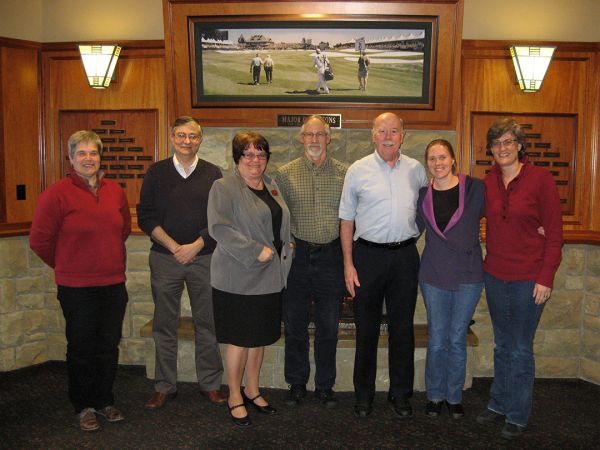
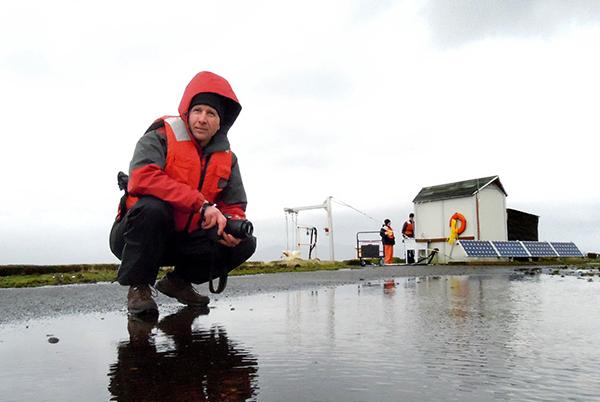
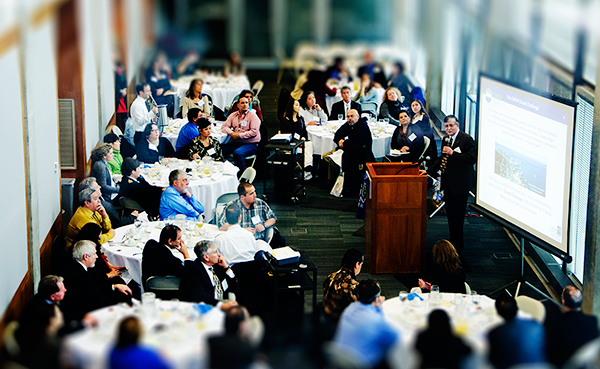
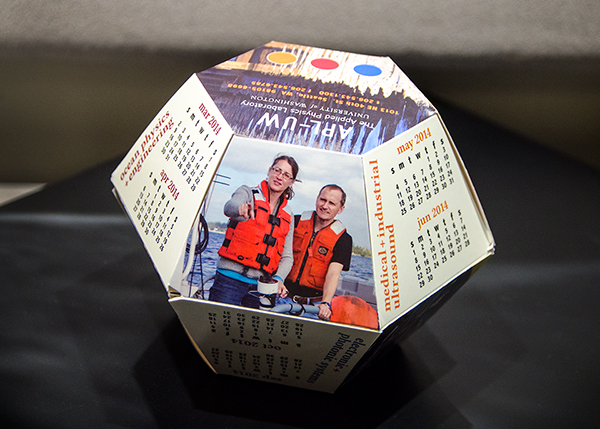
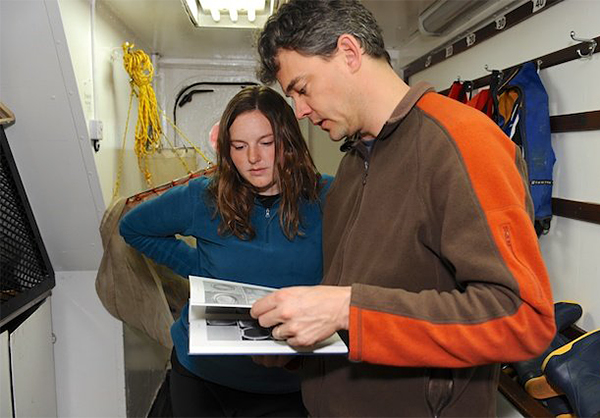
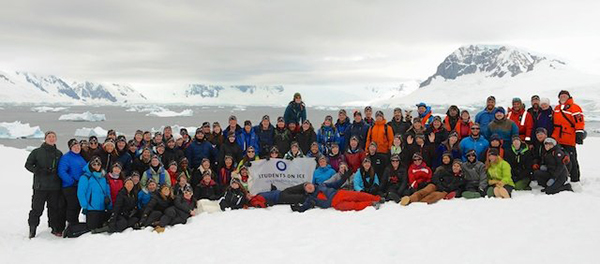
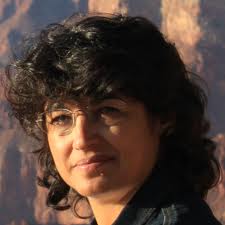
 Rachel Golda recently won Best Completed Work at the 2013 Heceta Head Coastal Conference for her poster titled "Elucidating the role of ocean acidification in saxitoxin production of the toxic alga Alexandrium catenella."
Rachel Golda recently won Best Completed Work at the 2013 Heceta Head Coastal Conference for her poster titled "Elucidating the role of ocean acidification in saxitoxin production of the toxic alga Alexandrium catenella." 

